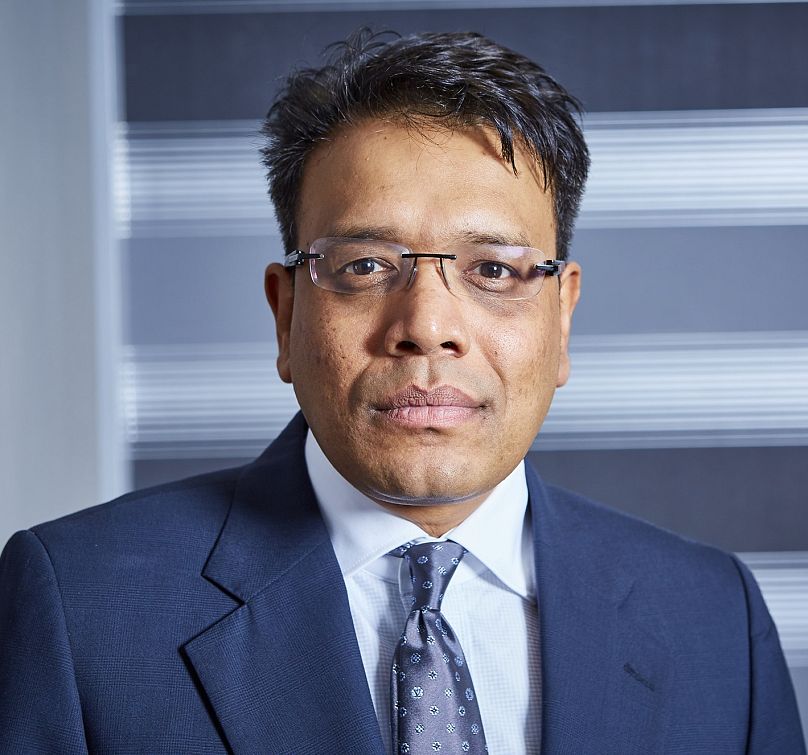The situation that has been created by coronavirus will have produced new opportunities for those who commit fraud. And fraud is like a virus: it will spread and cause the maximum amount of harm unless the right precautions are taken.
At the time of writing, everyone is observing restrictions on their movements and many millions are either working from home or have stopped work altogether in an effort to stop the spread of COVID-19.
As a response to such a seismic blow to the economy, the UK’s Chancellor of the Exchequer, Rishi Sunak announced huge packages of financial assistance in the shape of grants for the self-employed and the payment of the wages for employed workers. Yet, in announcing his help for the self-employed, the Chancellor acknowledged that such a scheme may be attractive to those looking to perpetrate fraud.
His statement was a recognition that whatever the health of an economy - or the financial standing of an individual or a company within it – there will always be those looking to make fraudulent gains. The situation that has been created by coronavirus will have produced new opportunities for those who commit fraud. And fraud is like a virus: it will spread and cause the maximum amount of harm unless the right precautions are taken. To paraphrase the criminologist Dr Donald Cressey, perceived financial need, opportunity and rationalisation all help promote fraud. Given the current economic uncertainty, the chance for state financial hand-outs and the possibility that many may feel they should be getting something, all of Cressey’s conditions appear to be present.
This is the case when it comes to both the Chancellor’s attempts to help employees and the business world in general: new developments produce new fraud possibilities.
This is arguably why the Financial Conduct Authority (FCA) has gone to great lengths to warn that the present situation may be exploited by those looking to defraud; using anything from investment fraud and advance fee fraud through to clone firms. The FCA is urging those in business to use its Financial Services Register and its Warning List to check on the authenticity of any financial proposition made. Similarly, the National Crime Agency (NCA) is highlighting risks posed by the likes of bogus online medical equipment suppliers, fake Her Majesty’s Revenue and Customs (HMRC), bank and loan company officials and computer hackers passing themselves off as software engineers. Companies could even find themselves being impersonated by those looking to make illegal gains.
It is now, therefore, arguably more important than ever to be alert to the risks. This means both having well thought-out and properly executed measures in place to prevent and/or identify fraud and responding promptly and appropriately if fraud is suspected.
A prompt, thorough internal investigation will always be the best way to establish if there has been fraud committed, why it happened and how to prevent repeat occurrences. This may, at first glance, appear difficult given current working restrictions. But it can be done with some “out of the box’’ thinking. Interviews, for example, could be conducted via telephone or video link; although consideration must be given to legal issues, such as confidentiality and privilege in the jurisdictions where they are carried out. Document collection can be done remotely or by using an appropriate third party, providing all relevant data protection requirements are met. Once such an investigation has been completed, decisions then need to be made regarding whether its findings are shared internally and/or disclosed to the relevant regulatory agency.
It should at this point be emphasised that despite the unusual circumstances, the law and the agencies that enforce it are still functioning; even if changes are being made. To give one significant example, while UK Business Secretary, Alok Sharma has announced a temporary suspension of the wrongful trading provisions, the law in relation to fraudulent trading - and the potential for director disqualification – remains in place. It is a development that shows that while businesses’ current problems are being acknowledged by the government, companies cannot expect to be immune from either the dangers of fraud or the consequences of becoming involved in it.
Recent weeks have seen a significant upheaval in the business world – and a clear possibility for those looking to commit fraud. But companies must ensure they do what they can to minimise the potential turmoil.
Aziz Rahman is a Senior Partner at Rahman Ravelli, a leading UK-based legal firm specialising in business crime.
_____________
Are you a recognised expert in your field? At Euronews, we believe all views matter. Contact us at view@euronews.com to send pitches or submissions and be part of the conversation.












